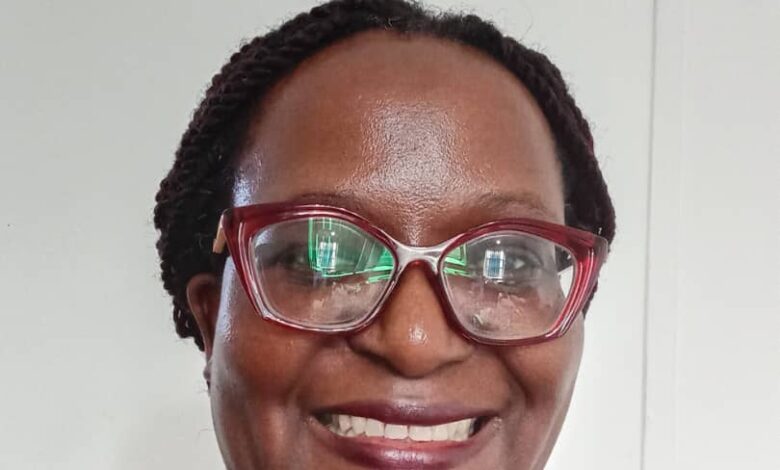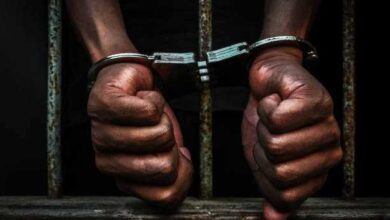ZLHR secures US$66 000 compensation for minors injured by Zesa cables

Chimwemwe Phiri
The Bulawayo High Court has ordered the state-run power utility, ZESA Holdings, to pay a total of US$66 000 in damages to two minors who sustained severe electrical burns after coming into contact with low-hanging power cables in Mangwe District, Matabeleland province.
In a statement, Zimbabwe Lawyers for Human Rights (ZLHR) said the compensation followed findings of “gross negligence in the discharge of duties by employees of the electricity supplier.”
“The state-run ZESA Holdings is forking out more than US$60 000 to compensate two minors, who sustained severe electrical burns after coming into contact with low-hanging power cables owing to its employees’ gross negligence in the discharge of their duties,” ZLHR said.
The court orders were issued by Bulawayo High Court judges Justice Evangelista Kabasa and Justice Dube against the Zimbabwe Electricity Transmission and Distribution Company (ZETDC), a subsidiary of ZESA Holdings.
ZLHR said the two minors, aged 11 and 14, were electrocuted on 18 May 2022 and are residents of Mangwe in Mangwe Rural District.
In the first case, the parents of the 11-year-old minor sought assistance from ZLHR “on the advice of community members” after the child sustained severe electrical burns.
On 14 August 2024, ZLHR lawyer Prisca Dube filed summons at the Bulawayo High Court, arguing “that the state-run power utility’s negligence had resulted in the minor’s electrocution.”
However, on 16 September 2024, ZETDC “denied liability for causing injuries to the minor and stated that the amount claimed was exorbitant.”
On 15 January 2026, Justice Dube ordered ZETDC “to pay US$50 000 as damages to the minor and to do so within two months.”
In the second case, the 14-year-old minor “was rushed to St Anne’s Hospital in Brunapeg on 18 May 2022, where he received the initial treatment for electrical burns caused by the electrocution,” according to ZLHR.
“Due to the severity of his injuries, the minor was further referred to seek medical attention at United Bulawayo Hospitals (UBH), where he was admitted and underwent an operation on his right arm and was declared to have a cumulative percentage of disability of 32%,” ZLHR said.
Summons were filed on 8 August 2024, with Dube arguing “that the state-run power utility’s negligence had resulted in the electrocution of the minor and demanded payment of damages amounting to US$52 000.”
ZETDC again “denied liability for causing the minor’s injuries and protested that the amount claimed was exorbitant.”
However, on 14 January 2026, ZETDC “made an offer for settlement stating that this was the maximum amount covered by its insurance policy,” which was accepted by the minor’s parents.
On 22 January 2026, Justice Kabasa ordered ZETDC “to pay the minor US$16 000 within 60 days.”
ZLHR said it assisted the two minors “as part of the organisation’s anti-impunity interventions to foster accountability at the country’s supplier of electricity and to deter and discourage acts of human rights violations by state-run institutions.”
“For several decades, ZLHR has intervened in similar cases of ZESA Holdings’ negligence by suing and obtaining orders for payment of damages on behalf of numerous victims,” the organisation said.





